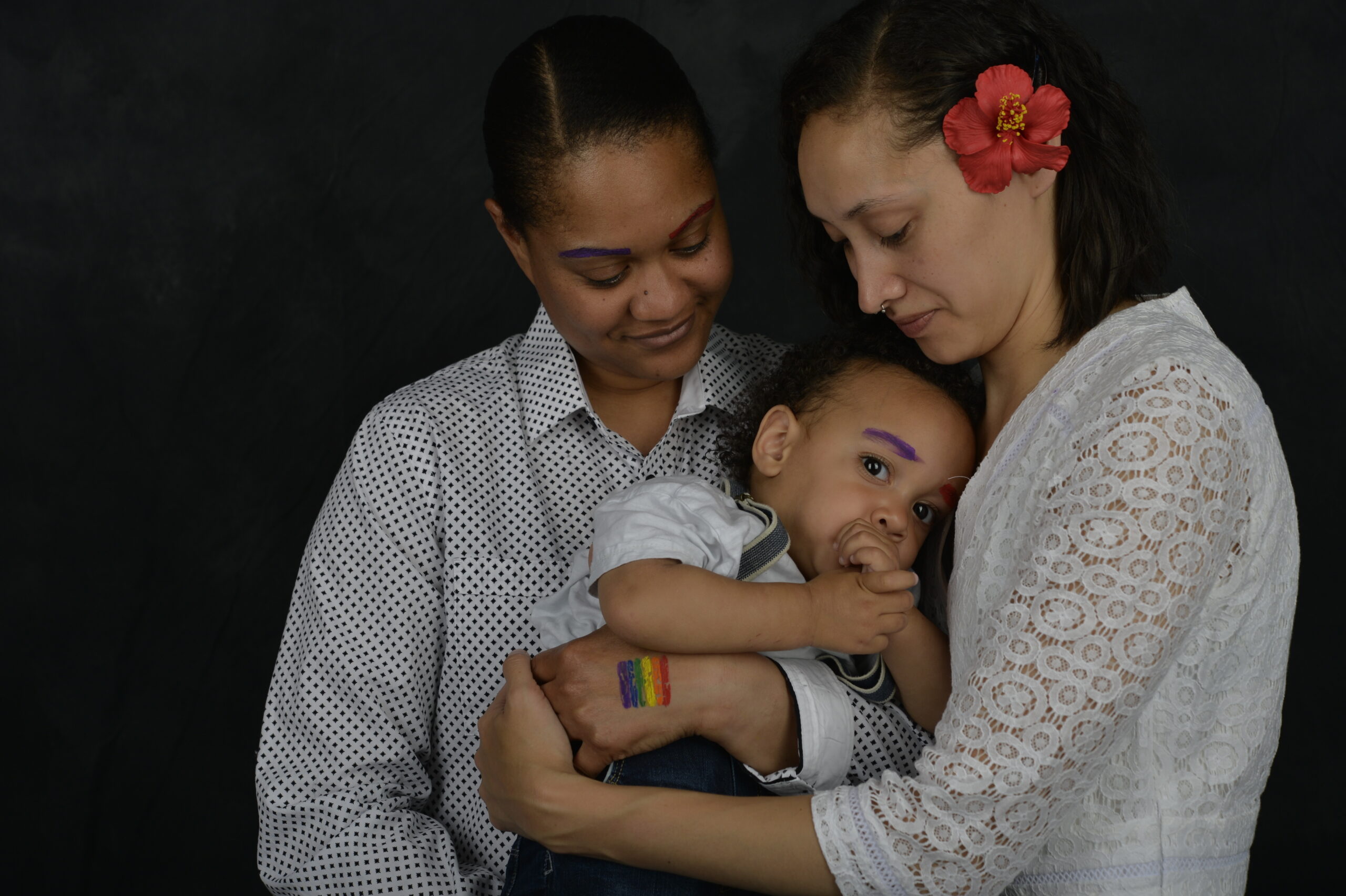The Department of Veterans Affairs announced that it will provide in vitro fertilization (IVF) to eligible unmarried veterans and eligible veterans in same-sex marriages. VA will also be able to provide IVF to veterans using donated sperm or eggs – an important option for veterans who are not able to produce their own sperm or eggs. Eligibility continues to be determined by whether the infertility is service-related.
This policy change comes in the wake of two lawsuits that were filed against the VA over their IVF eligibility policies in 2023. One sued on behalf of a proposed class of veterans – those within a same-sex marriage or if the sperm is donated from someone other than a male spouse – excluded from IVF care. The second is based on IVF eligibility policies which prevented single or unmarried heterosexual veterans from accessing the benefit.
In general, LGBTQ+ couples face higher hurdles to IVF treatments based on how legislation defines infertility, which then in turn influences insurance policies. Many LGBTQ+ people end up paying for expensive procedures that would otherwise be covered by heterosexual, married couples. When you consider intersecting identity traits such as race and ethnicity, Black and Latine people within are disproportionately impacted due to higher rates of infertility and lower rates of live births. According to VHA data, men and women diagnosed with infertility were more likely to be Asian, Black, or Latine.
While we hope that IVF will eventually be extended to any veteran seeking IVF care regardless of the cause of infertility, this policy change is a win for the LGBTQ+ veteran community and increases opportunities for LGBTQ+ couples to raise a family.
MMAA will continue to advocate for VA policy changes around surrogacy. At present, the VA covers up to $2,000 of adoption expenses for veterans with a service-connected disability that causes infertility but it is not authorized to cover surrogacy for any veterans. This means that veterans in same-sex partnerships who are unable to carry a child still have limited options if they want to start a family.


